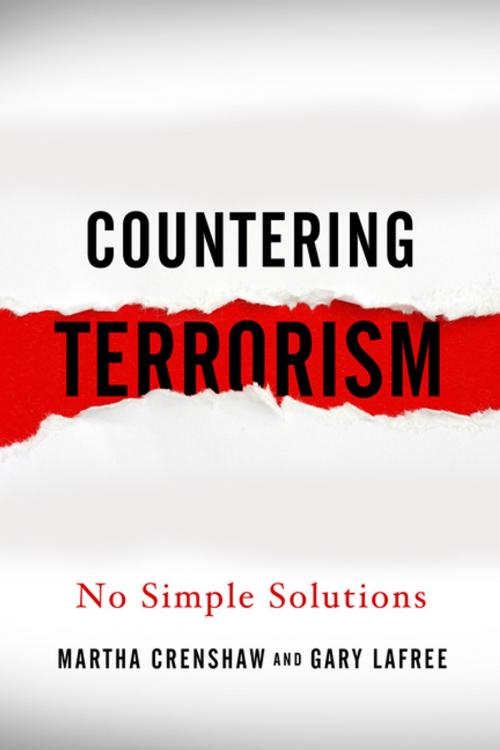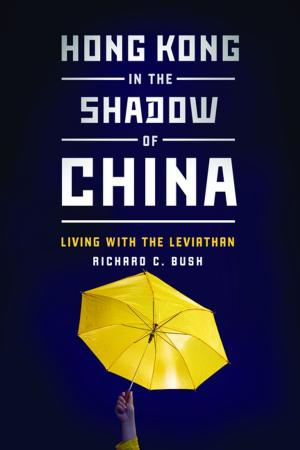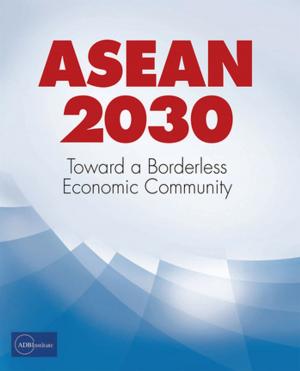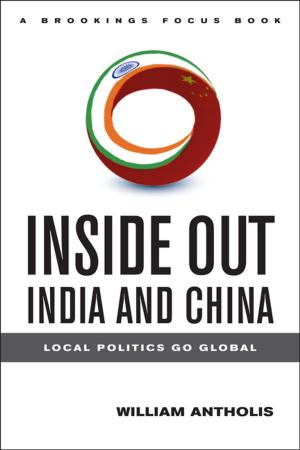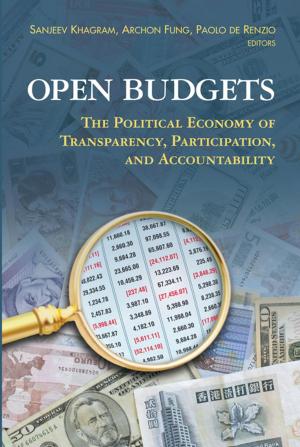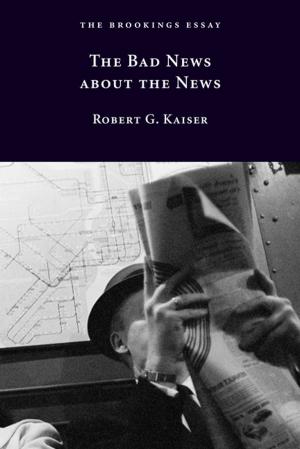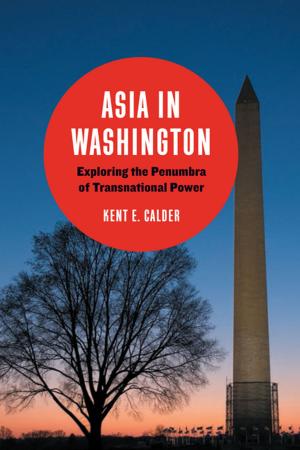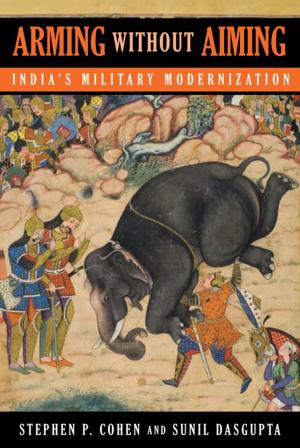Countering Terrorism
Nonfiction, Social & Cultural Studies, Political Science, International, International Security| Author: | Martha Crenshaw, Gary LaFree | ISBN: | 9780815727651 |
| Publisher: | Brookings Institution Press | Publication: | January 3, 2017 |
| Imprint: | Brookings Institution Press | Language: | English |
| Author: | Martha Crenshaw, Gary LaFree |
| ISBN: | 9780815727651 |
| Publisher: | Brookings Institution Press |
| Publication: | January 3, 2017 |
| Imprint: | Brookings Institution Press |
| Language: | English |
Can We Construct a Grand Strategy to Counter Terrorism?
Fifteen years after September 11, the United States still faces terror threats-both domestic and foreign. After years of wars, ever more intensive and pervasive surveillance, enhanced security measures at major transportation centers, and many attempts to explain who we are fighting and why and how to fight them, the threats continue to multiply. So, too, do our attempts to understand just what terrorism is and how to counter it.
Two leaders in the field of terrorism studies, Martha Crenshaw and Gary LaFree, provide a critical look at how we have dealt with the terror threat over the years. They make clear why it is so difficult to create policy to counter terrorism. The foes are multiple and often amorphous, the study of the field dogged by disagreement on basic definitional and methodological issues, and the creation of policy hobbled by an exacting standard: the counterterrorist must succeed all the time; the terrorist only once. As Countering Terrorism shows, there are no simple solutions to this threat.
Can We Construct a Grand Strategy to Counter Terrorism?
Fifteen years after September 11, the United States still faces terror threats-both domestic and foreign. After years of wars, ever more intensive and pervasive surveillance, enhanced security measures at major transportation centers, and many attempts to explain who we are fighting and why and how to fight them, the threats continue to multiply. So, too, do our attempts to understand just what terrorism is and how to counter it.
Two leaders in the field of terrorism studies, Martha Crenshaw and Gary LaFree, provide a critical look at how we have dealt with the terror threat over the years. They make clear why it is so difficult to create policy to counter terrorism. The foes are multiple and often amorphous, the study of the field dogged by disagreement on basic definitional and methodological issues, and the creation of policy hobbled by an exacting standard: the counterterrorist must succeed all the time; the terrorist only once. As Countering Terrorism shows, there are no simple solutions to this threat.
